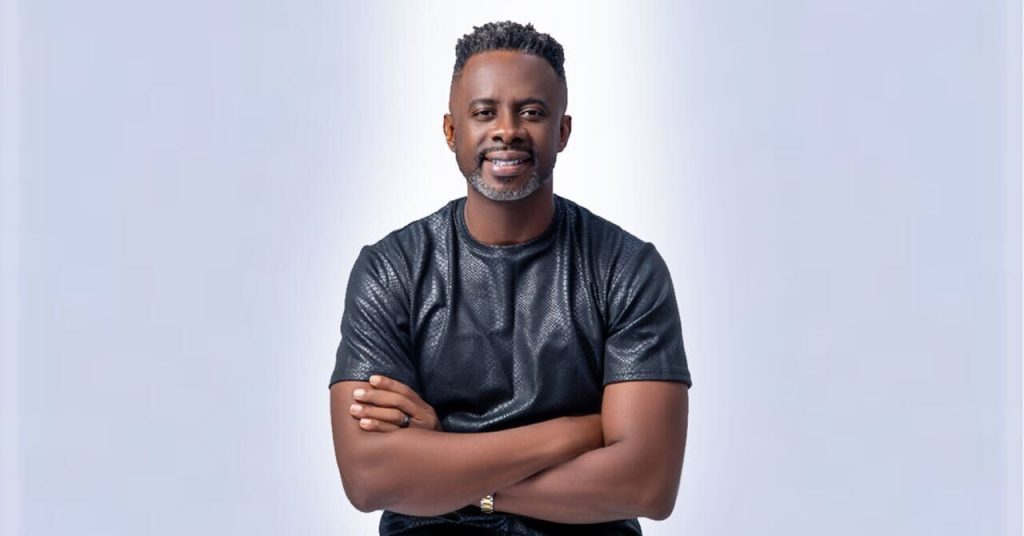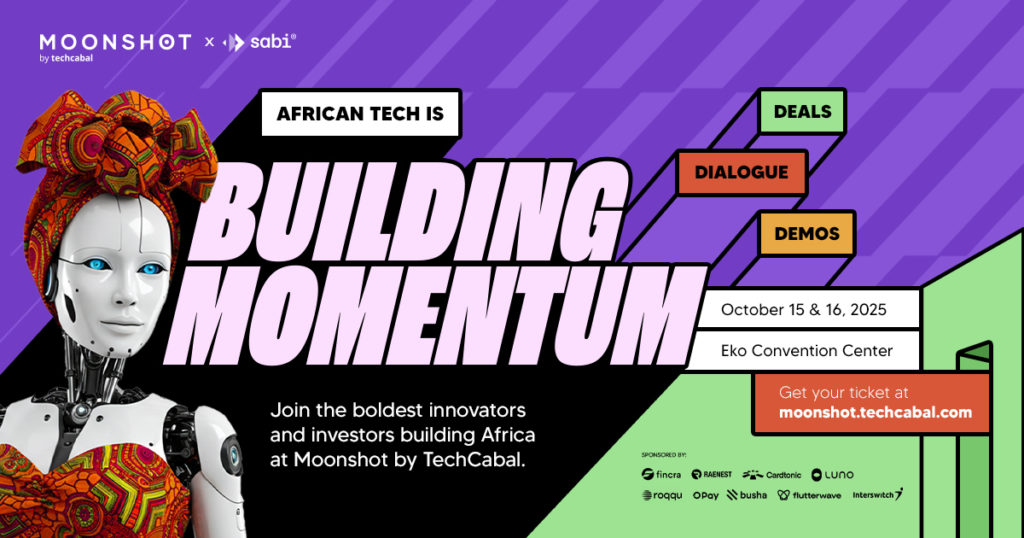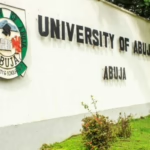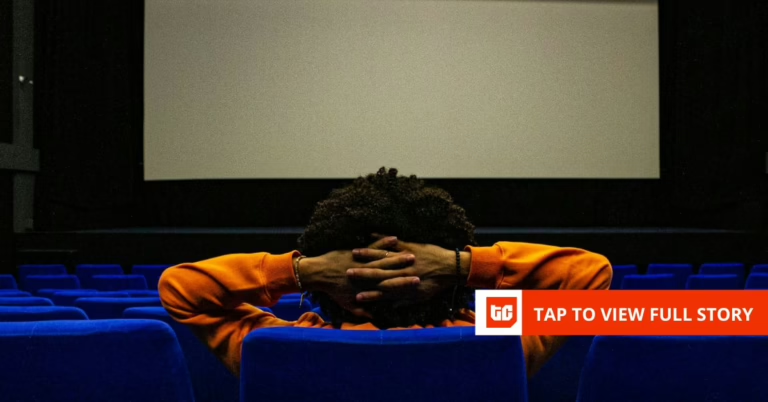Producing films often demands substantial financial resources. Expenses for crew members, costumes, actors, and set designs can quickly escalate, making it difficult for many African filmmakers to realize their visions. However, the emergence of generative AI technologies is transforming this landscape. Visionaries like Obinna Okerekeocha, the founder of the Naija Artificial Intelligence Film Festival (NAIFF), are leveraging these tools to reduce costs and open new creative avenues.
A recent 2024 study by DLA Piper Africa revealed that 35% of Nigerian film and television professionals have already integrated generative AI into their workflows, with an additional 35% contemplating its adoption.
Okerekeocha’s journey with AI began in 2022 when he started exploring platforms like RunwayML and Midjourney for video and image creation. What initially seemed like a novelty soon became a revelation: AI was not merely a gimmick but a powerful medium to fuel artistic innovation. This insight led to the establishment of NAIFF.
“I thought AI was going to revolutionize everything,” he reflects. “It’s poised to become the next major force in filmmaking.”
His excitement stemmed not just from the ability to generate visuals but from the broader potential AI holds to dismantle longstanding obstacles in African cinema. In 2023, Africa’s film and audiovisual sectors generated $5 billion in revenue and provided employment to 5 million people. Despite this growth, the industry still grapples with inadequate infrastructure, a shortage of skilled talent, and limited access to funding.
With NAIFF, Okerekeocha envisions creating a platform akin to the prestige of Cannes or the Toronto International Film Festival, dedicated to celebrating AI-driven filmmakers across Africa and ushering in a new wave of cinematic creativity.
Set to take place on September 13, 2025, in Lagos, Nigeria, the festival seeks to explore a vital question: how will African storytellers, often sidelined from high-budget productions, transform cinema when equipped with cutting-edge AI tools?
In its inaugural year, NAIFF has attracted over 490 film submissions from across Africa, including countries like Nigeria, Mali, Côte d’Ivoire, Senegal, and Cameroon. The festival also plans to feature a global selection of AI films from regions such as Latin America, the United States, and Europe.

Addressing Concerns from the Creative Community
Despite the enthusiasm, AI’s integration into African filmmaking has sparked apprehension among some artists. Many fear that generative AI might undermine human creativity, threaten jobs, and appropriate artists’ work without proper acknowledgment.
Okerekeocha counters these worries by emphasizing that traditional filmmaking and human creativity remain irreplaceable. “AI doesn’t replace imagination; it enhances it,” he explains. “For example, AI can streamline tasks like visualizing sets, cleaning up audio, matching color grading across scenes, or removing backgrounds in moments rather than days.”
Nonetheless, ethical considerations are paramount. Much of the global debate centers on how AI models are trained, often using data collected without permission. A notable case occurred on September 5, when Anthropic, a leading competitor to OpenAI, agreed to a $1.5 billion settlement after authors accused the company of unlawfully using their books to train AI models.
NAIFF actively confronts these ethical challenges by incorporating discussions on responsible AI use in filmmaking. Panels focus on issues such as proper attribution, fair compensation, and the risks posed by deepfake technology. Educational sessions within the festival promote “AI for good,” encouraging creators to prioritize inclusivity and integrity in their projects.
Another significant issue is the Western-centric bias in many AI training datasets, which can distort or oversimplify African narratives. Okerekeocha hopes that NAIFF will foster the development of African-specific AI tools trained on indigenous languages, voices, and cultural contexts, reducing reliance on Western models and ensuring authentic representation.
Envisioning the Future of African Narratives
Storytelling wields immense cultural influence. Just as Hollywood has shaped global perceptions of America, Okerekeocha believes generative AI offers Africa a unique opportunity to craft and project its own stories. He describes AI as a means for Africans to “imagine the futures we aspire to.” This could manifest in depictions of futuristic African metropolises in 2050 or reimagined histories of African empires from the 19th century.
“How we see ourselves shapes our reality,” he notes. “Visualizing a future inspires us to work toward it.”
The festival aims to unite filmmakers, policymakers, AI specialists, and visual artists to collaboratively explore and build the future of African cinema. Beyond Nigeria, NAIFF plans to rotate its location across various African cities, fostering a pan-African AI filmmaking network.
Over the next five years, Okerekeocha aspires to train thousands of African AI filmmakers, establish platforms to nurture startups developing creative technologies, and facilitate the screening of AI-generated films in traditional cinemas. His mission is to empower African creatives to take a leading role in the evolving AI-driven creative economy.
“This is a lifelong commitment,” he affirms. “It’s our legacy in the making.”
Don’t miss out! Moonshot by TechCabal returns to Lagos on October 15-16. Join Africa’s top innovators, creatives, and tech leaders for two days of inspiring talks, networking, and forward-thinking ideas. Secure your tickets now at moonshot.techcabal.com.



















0 Comments